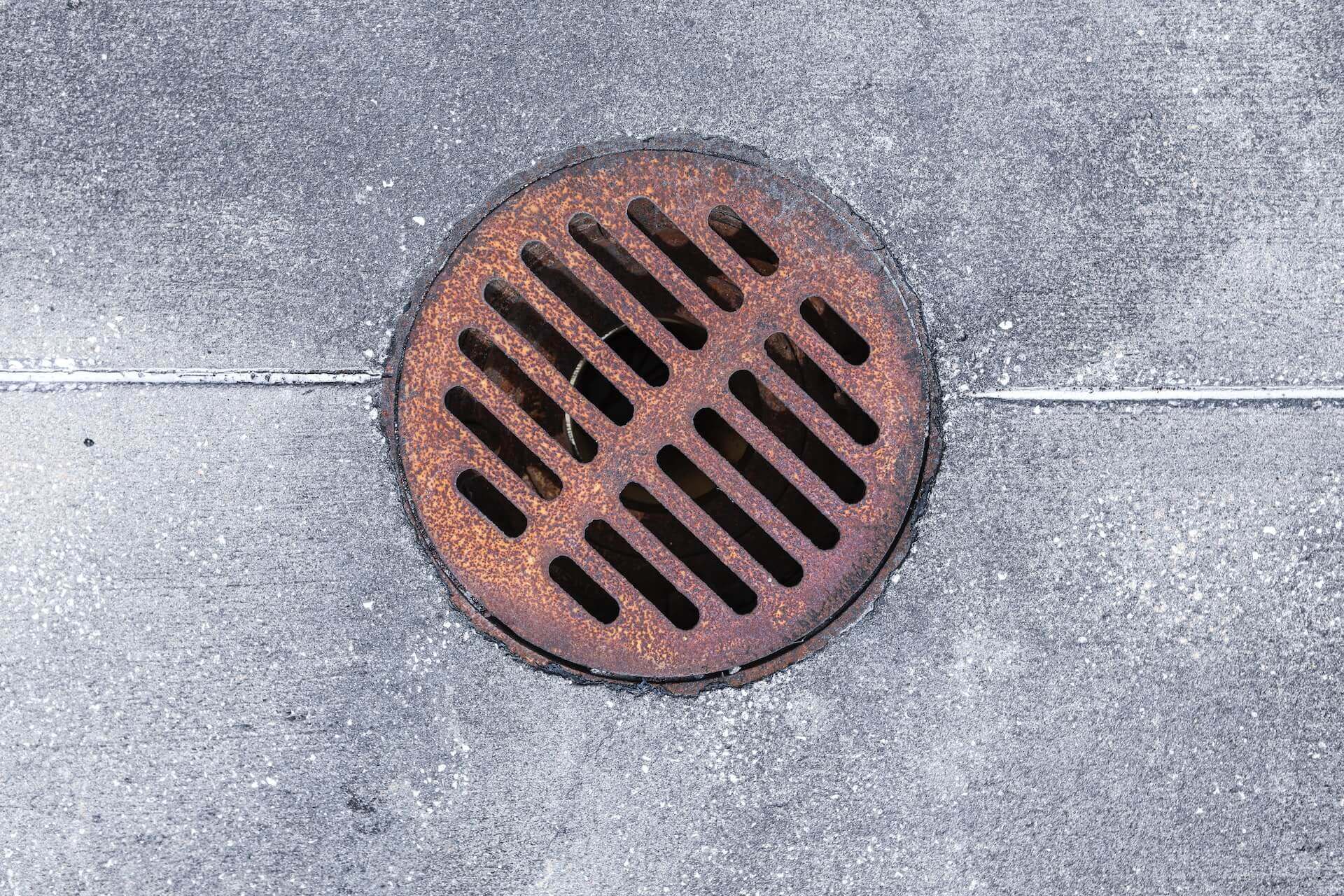If you own or manage a commercial kitchen, you know that grease traps are essential for the proper functioning of your plumbing and sewage systems. However, even with proper maintenance, they can experience problems that can cause backups, clogs, and foul odors.
Identifying and addressing these issues as soon as possible is crucial to avoid costly repairs and potential health code violations.
In this article, we’ll discuss some of the most common problems commercial grease traps can face and provide practical solutions to fix them. This guide will help you stay on top of your grease trap maintenance and keep your kitchen running smoothly.
Problem #1: Foul Odors
A buildup of grease, food waste, and debris in commercial grease traps & interceptors can lead to unpleasant odors. These odors can be caused by the accumulation of various materials, such as food particles and oils, which can produce a foul smell.
Not only can it be unpleasant for employees and customers, but it can also indicate a larger issue with the system. Regular cleaning and maintenance of commercial grease traps and interceptors can help prevent foul odors from becoming problematic.
Problem #2: Clogs and Backups
Clogs and backups are common issues with commercial grease traps and interceptors, which occur when grease and food waste build up over time.
If not addressed promptly, clogs and backups can lead to costly repairs and even shut down your kitchen. These issues can be prevented by regular maintenance and cleaning of the grease trap & interceptor.
Problem #3: Damage to the Grease Trap or Plumbing
A poorly maintained grease trap or interceptor can lead to damage in the plumbing system, which can be costly to repair. When the grease trap becomes clogged, it can cause an increase in pressure, leading to damage to the pipes or even the grease traps themselves.
In severe cases, it may require a complete replacement of the system. Regular maintenance and cleaning of the grease trap or interceptor can prevent this and save business owners from unnecessary expenses.
Problem #4: Inadequate Grease Trap Size
An inadequate grease trap size is another common problem many commercial kitchens face. If the grease trap is too small for the volume of wastewater produced, it will quickly fill up, resulting in clogs, backups, and foul odors.
This can lead to frequent pumping and maintenance, which can be costly and time-consuming. To avoid this issue, it’s important to ensure the grease trap is appropriately sized for the kitchen’s needs.
How To Address These Common Problems
Regular maintenance and cleaning are key to addressing the common problems with commercial grease traps. A professional service can be hired to clean and inspect the grease trap or interceptor regularly to prevent buildup and clogs.
Regular inspection and maintenance can identify any potential damage to the grease trap or plumbing and address it promptly. High-quality grease traps, such as those manufactured by TEGE materials, can also help prevent common problems.
By addressing these key factors proactively, businesses can avoid costly repairs and ensure their grease traps and interceptors are functioning effectively.
Conclusion
In conclusion, addressing common problems with commercial grease traps is crucial for the smooth operation of any commercial kitchen. These issues can cause serious problems if left unchecked, from foul odors to inadequate size.
Taking these steps can help avoid costly repairs, health violations, and potential damage to the environment.
